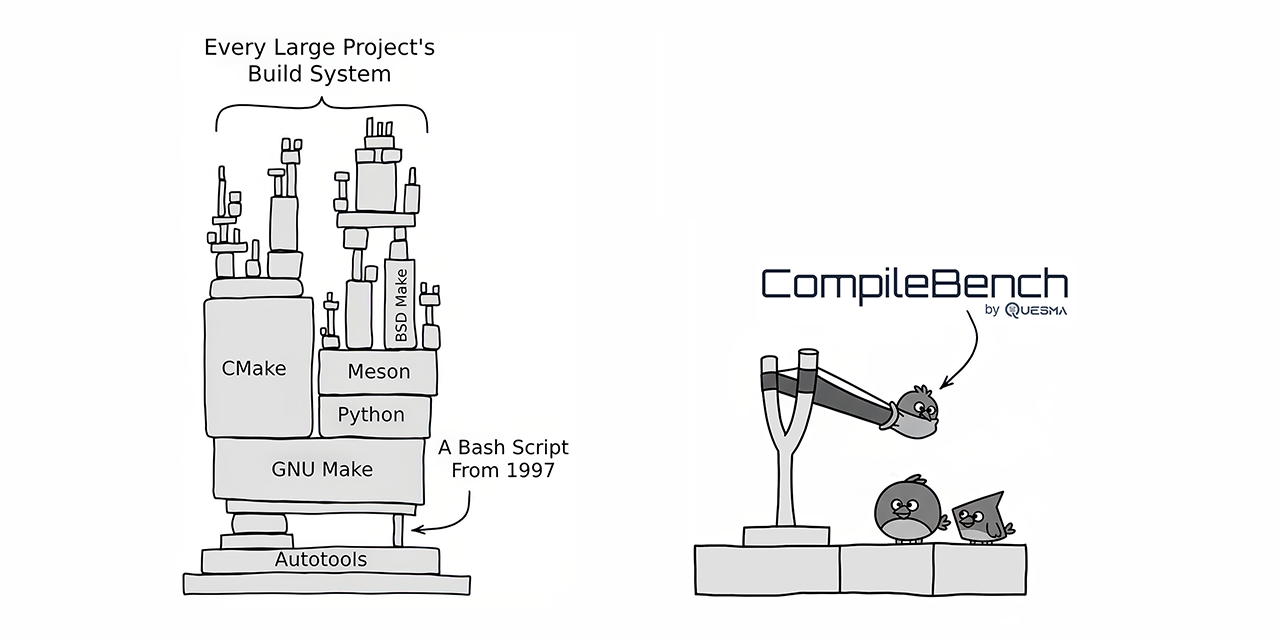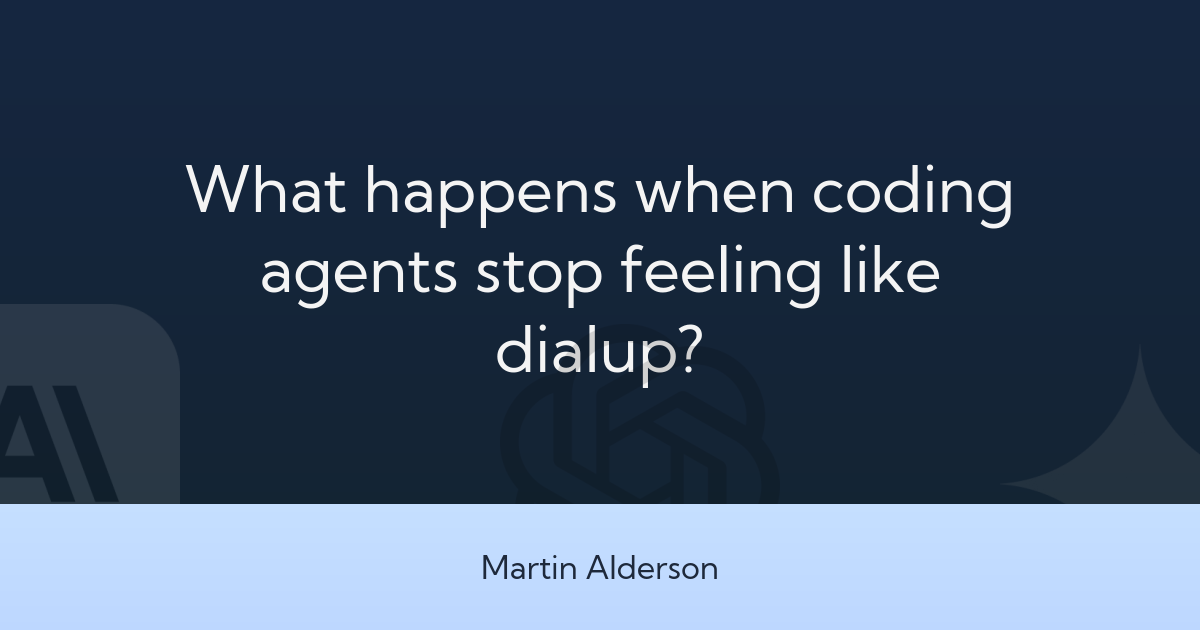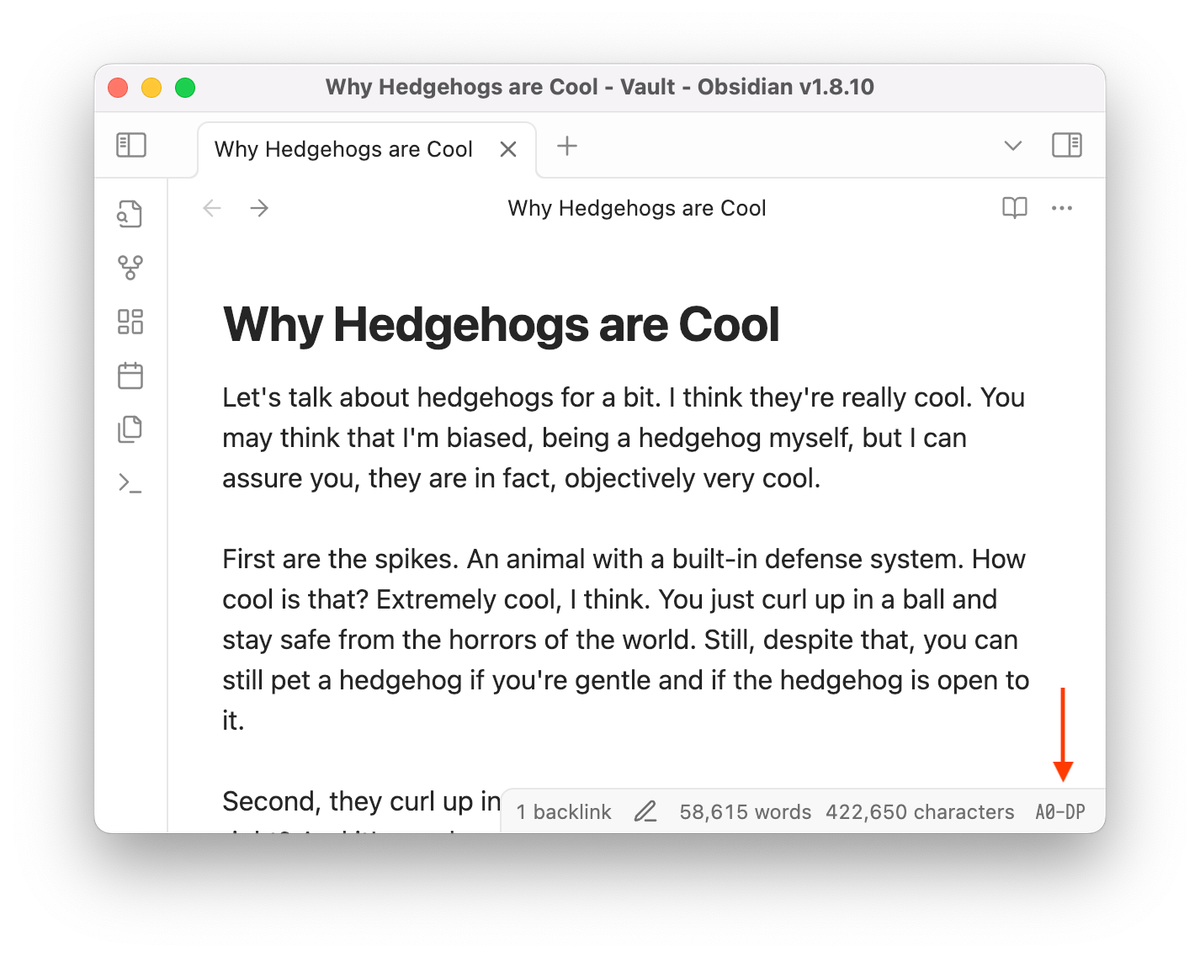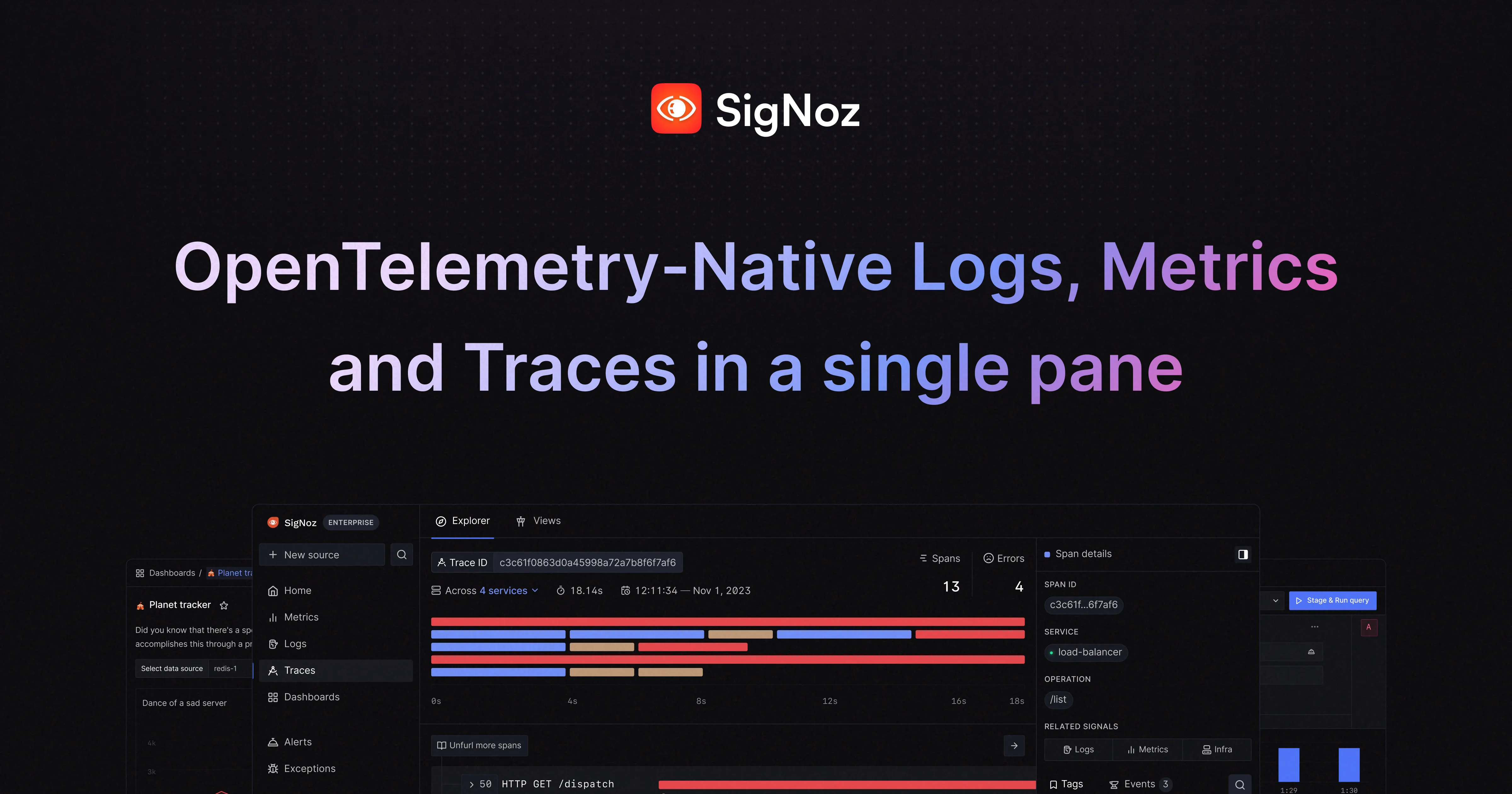X Server: The Unsung Hero of Your GUI
The X server is the foundation of your graphical user interface. It accepts requests from client applications to create windows—these windows are virtual screens where client programs can draw. The X server (or a separate compositor) composes windows onto the actual screen as directed by the window manager, which usually interacts with the user via graphical controls like buttons, draggable title bars, and borders. For more info, check out the Xorg mailing list, Bugzilla, and code repository.













